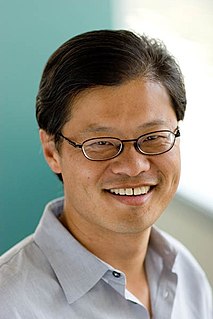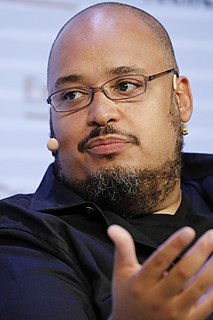A Quote by Jerry Yang
The Curbside founders are successful entrepreneurs, who each have sold their companies to Apple.
Quote Topics
Related Quotes
Apparently, sir you Chinese are far ahead of us in every respect, except that you don’t have entrepreneurs. And our nation, though it has no drinking water, electricity, sewage system, public transportation, sense of hygiene, discipline, courtesy, or punctuality, ‘’does’’ have entrepreneurs. Thousands and thousands of them. Especially in the field of technology. And these entrepreneurs—"we" entrepreneurs—have set up all these outsourcing companies that virtually run America now.
There are two companies that the AI Fund has invested in - Woebot and Landing AI - and the AI Fund has a number of internal teams working on new projects. We usually bring in people as employees, work with them to turn ideas into startups, then have the entrepreneurs go into the startup as founders.































